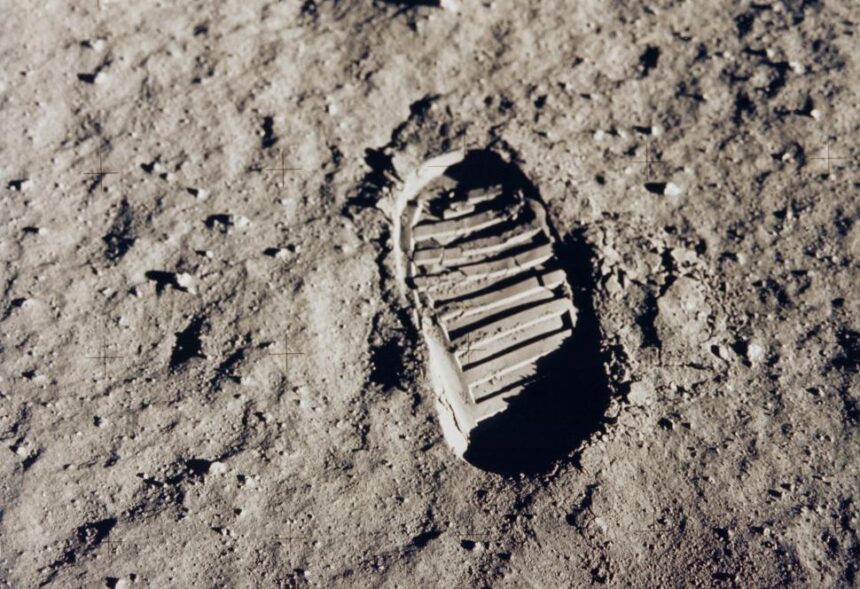On the surface of the Moon, there are not only rocks, dust, and forgotten landers: there are also 96 bags of human faeces, urine, and vomit that Apollo astronauts left behind to lighten the weight of their spacecraft. Half a century later, NASA is looking for a solution to this type of “biological legacy.” And it’s willing to pay up to $3 million for anyone who proposes the right technology to do it.
The challenge is called the LunaRecycle Challenge, and the deadline for submitting applications has just ended, March 31, 2025. Now, the space agency is preparing to analyse the proposals and select the most promising technologies. We could soon know the systems that will transform human waste and space junk into water, energy, fertilizer, or even lunar building blocks.
What We Left Behind on the Moon
During the Apollo missions, astronauts carried everything they needed to survive several days in space: food, water, oxygen, suits, and tools. But when the time to return came, the weight of the spacecraft mattered. In order to make room for the lunar samples that they collected on the moon, they had to leave behind what they no longer needed: used suits, technical equipment, packaging, and those 96 bags of human waste.
Now, with the return of humans to the Moon through the Artemis program, NASA wants to ensure that history doesn’t repeat itself. Or, better yet, that they waste can be reused.
“NASA is committed to sustainable space exploration. As we prepare for future human space missions, we will need to consider how to minimise various waste streams, including solid waste, as well as how to store, process, and recycle them in a space environment sot hat they are returned to Earth as little as possible,” the agency explains.
What is the LunaRecycle Challenge?
The LunaRecycle Challenge was open to participants from all over the world: engineers, scientists, startups, universities and other innovators. The goal was to find technologies capable of processing solid waste generated during space missions.
Proposals could be submitted in two categories:
- • Physical prototypes: functional systems that can be used on the Moon to recycle waste.
- • Digital twins: virtual simulations of a complete lunar recycling system.
All with one idea in mind: reusing waste to produce useful resources, such as water fertilisers, construction materials or biofuels.
The first phase of the challenge has concluded. In the coming weeks, NASA will review all the proposals received and select the most promising. Those that make the cut will be able to continue into a second, more advanced phase, where functional prototypes and pilot tests will be developed.





